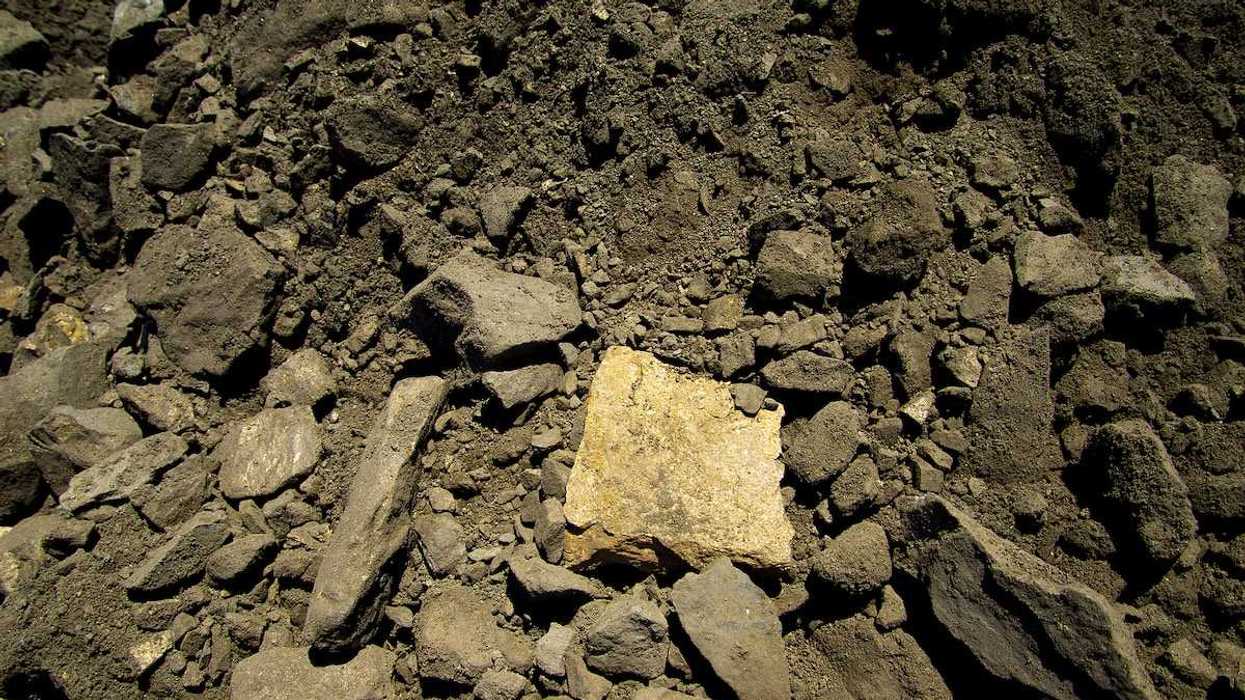Researchers warned the EPA in 2003 that sludge fertilizer contains PFAS, toxic chemicals linked to health risks, but the agency has not mandated testing or limits.
Hiroko Tabuchi reports for The New York Times.
In short:
- 3M shared research with the EPA in 2003 showing high levels of PFAS in sewage sludge, which is widely used as fertilizer, but the EPA has not acted to regulate these contaminants.
- PFAS, linked to cancer and birth defects, persists in soil and has been detected in farmland, crops and livestock. Only Maine has banned sludge fertilizer and begun systematic testing.
- Experts argue that stronger regulations and industrial pretreatment programs could prevent PFAS contamination at its source.
Key quote:
“There’s absolutely enough evidence, with the high levels of contaminants that we see in the sludge, for the E.P.A. to regulate.”
— Arjun K. Venkatesan, director of the Emerging Contaminants Research Laboratory at the New Jersey Institute of Technology
Why this matters:
PFAS contamination threatens public health and food safety, with long-lasting impacts on farmland and water. Proactive regulations could reduce risks, but inaction perpetuates exposure to these "forever chemicals."
Related EHN coverage:














